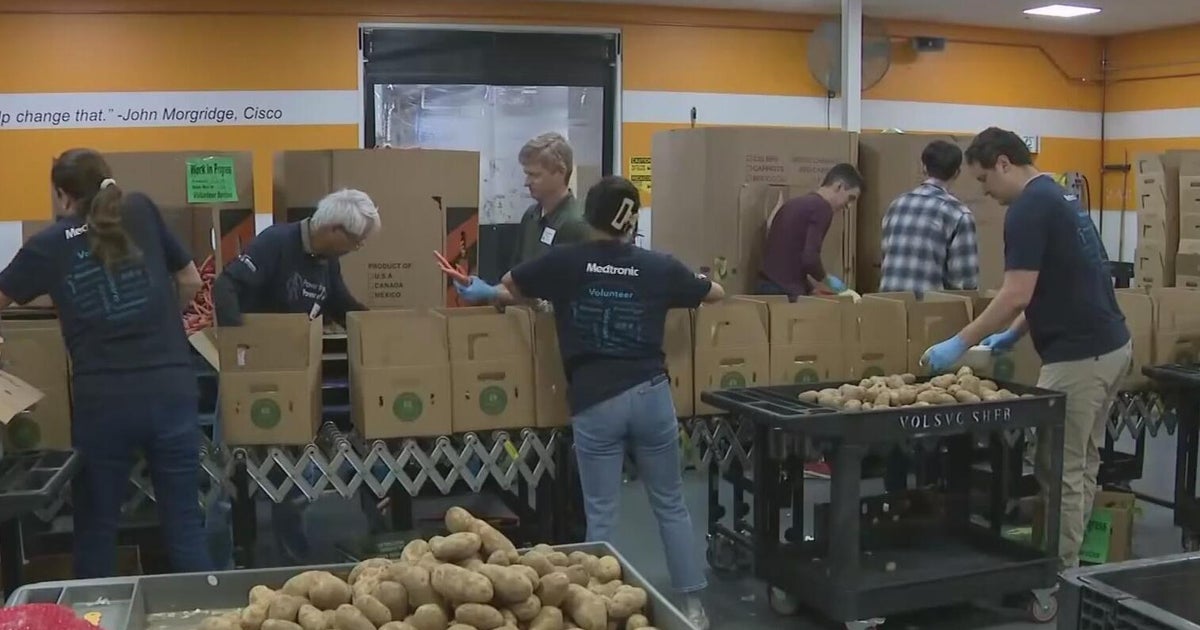Trump's 'Big Beautiful Bill' Legislative Progress and Economic Impact

The "One, Big, Beautiful Bill Act," President Donald Trump's extensive budget reconciliation bill, a legislative document spanning 940 pages, is currently navigating the final stages of Congress with a self-imposed deadline of July 4. This multi-trillion dollar measure, described by some as a "monstrosity" and a "murder-suicide pact," has ignited significant controversy due to its wide-ranging implications across various sectors, from healthcare and social welfare to energy and taxation.
On June 28, 2025, the Senate narrowly advanced the bill, voting 51-49 in a procedural motion to begin debate. This crucial vote saw two Republican senators, Thom Tillis (R-NC) and Rand Paul (R-KY), publicly declare their opposition, joining Democratic colleagues in an attempt to block the measure. Despite initial dissent from Senator Ron Johnson (R-WI), he ultimately flipped his vote to support the bill, with Vice President JD Vance on standby for a potential tie-breaking vote. President Trump lauded Senators Rick Scott, Mike Lee, Ron Johnson, and Cynthia Lummis for their support, while lashing out at Tillis and Paul for their "betrayal" and threatening primaries against them. Democratic Leader Chuck Schumer, however, has vowed to delay the process by forcing Senate clerks to read the entire 940-page bill aloud, a procedure anticipated to take at least 15 hours. This move aims to expose the bill's contents, which critics claim include "permanent tax breaks for billionaires, millions of Americans losing health care and food assistance, giveaways to fossil fuel companies, and land sales to the highest bidder—all paid for by working families."
The proposed legislation includes $3.8 trillion in tax cuts and an estimated $4.5 trillion addition to the national debt over the next decade. Key provisions include making Trump's 2017 tax cuts permanent, ending taxation on tips and overtime, and boosting border security funding. It also seeks to scrap green-energy tax credits passed during the Biden administration, requiring wind and solar projects to be "placed in service" by the end of 2027 to receive incentives, a change warned by Senate Democrats as a "death sentence" for the renewable energy industry. The bill further necessitates raising the debt ceiling by approximately $5 trillion to accommodate its numerous provisions.
A highly contentious aspect of the bill involves significant cuts to the Supplemental Nutrition Assistance Program (SNAP), shifting billions of dollars in federal funding responsibility to individual states. Bay Area food bank leaders, including Leslie Bacho of Second Harvest of Silicon Valley, Tanis Crosby of the San Francisco-Marin Food Bank, and Caitlin Sly of the Food Bank of Contra Costa and Solano, have vehemently warned against these cuts, characterizing them as the "greatest rollback in food assistance in modern U.S. history." They highlight a "clear and present danger" for 175,000 households in the Bay Area to lose SNAP benefits, emphasizing that SNAP serves as a foundational safety net for children, seniors, people with disabilities, and struggling families, and is the single-most effective anti-poverty tool. Twenty-three governors have also cautioned that these changes would compel states to drastically reduce access to critical food assistance.
In the healthcare sector, the bill introduces Medicaid provisions such as work requirements and co-pays, while also including a $25 billion fund to support rural Medicaid providers from 2028 to 2032. However, the Congressional Budget Office (CBO) predicts that the House version of the bill could result in 10.9 million fewer insured Americans, potentially reducing patient volumes for hospitals and insurers. Investment implications suggest avoiding hospital chains reliant on Medicaid reimbursements and considering telehealth platforms. For energy, the shift away from renewables is expected to benefit fossil fuel giants. The bill also allocates $350 billion for national security initiatives, including border walls, missile defenses, and detention facilities, creating a potential boom for defense contractors and private prison companies.
Further changes in the bill include raising the cap on federal deductions for state and local taxes (SALT) to $40,000 with an annual 1% inflation adjustment through 2029, after which it reverts to $10,000, with a phase-down for those earning over $500,000 annually. A "revenge tax" on some foreign companies and investors, which had concerned Wall Street, was removed at the request of Treasury Secretary Scott Bessent. The latest version also reinstates a plan to sell up to 1.2 million acres of Interior Department land for housing and community development in 11 western states, potentially generating $6 billion, despite criticism from some Republican senators. The bill’s complexity and speed of passage have raised concerns even among some Republican lawmakers, with Marjorie Taylor Greene admitting she regretted voting for the bill due to an undisclosed provision stripping states of the right to regulate AI for 10 years. Even President Trump expressed his dislike for the "green tax credits" buried within the bill. As the legislation heads towards a final vote, its passage hinges on Republican unity amidst significant political volatility, with potential market implications across various sectors depending on its ultimate outcome.
You may also like...
The Muder of Stephen Amoah: Lessons From Ghana in Crime Scene Investigation

What progress has been made in Africa in crime scene investigation, and what can the Stephen Amoah murder case in Ghana ...
Revolution vs Reform: What Africa Really Needs

This powerful piece explores the continent’s youth-led demands for dignity, accountability, and impact. From Burkina Fas...
The Next Silicon Valley? The Rise of Africa's Digital Creator Economy

A new wave of African entrepreneurs is leveraging social media platforms, digital art, and online communities to build b...
Africa’s Unity; A Lie We Like to Tell Ourselves?

Despite decades of Pan-African rhetoric, visa restrictions, xenophobia, and protectionism continue to divide the contine...
The African Podcast Boom: How Storytelling is Redefining Media Across the Continent
.png)
African podcasts are reshaping storytelling, blending tradition with digital innovation. Explore how creators amplify vo...
Youth Rising in Nairobi: The Protest Over a Life Taken Too Soon

A new sound is rising from the streets of Nairobi—not of political slogans dictated from podiums, but of chants shaped b...
Wildlife, Wilderness, and the African Bond with Nature

Africa’s connection to wildlife is more than scenic — it is sacred. Long before conservation became a global buzzword, A...
The War on Poverty is on Pause: What Tinubu’s Reforms Really Mean for the Average Nigerian

President Tinubu’s bold economic reforms promised long-term growth, but for many Nigerians, they’ve brought deeper pover...


